SDG8
Developed by NCKU, the Glowing Crane Flower embodies the concept of promoting rural revitalization
NCKU's interdisciplinary sustainability project, the Illuminated Plant Biotechnology for Local Cultural Regeneration Squad, is a member of the United Nations "Satoyama Initiative International Partnership." One of the project members, Professor Su Yen-Hsun from NCKU, has developed the Illuminated Crane Flower, contributing to community and local cultural and artistic regeneration projects. This initiative presents another opportunity for regeneration, allowing economic benefits to be reinvested in society, thereby realizing the concept of co-creating Satoyama Initiative, promoting sustainable agriculture, and revitalizing rural areas.
The development of the Illuminated Crane Flower combines biotechnology with rural culture. Co-organized with National Taiwan University, the Hakka Affairs Council of Tainan City Government, Yanshui District Office of Tainan City, and the Limited Liability Tainan New Agriculture Biotechnology Production Cooperative, the project aims to reconstruct the "socio-ecological production landscape and seascape" to sustainably utilize and manage land and natural resources. It helps ensure the wisdom of diverse ecosystem services and values, combining traditional ecological knowledge with modern science to promote innovation and explore new forms of collaborative management systems or handling of public resources.
Dr. Chen-Biao Yen, from the Tainan New Agriculture Biotechnology Production Cooperative, explains that the team developed the Illuminated Crane Flower by integrating plant surface functional modification technology. By spraying or manually applying luminescent oxide semiconductors onto the leaf surface, they successfully adhered to the leaf veins. The plant's functionality remains intact, allowing it to coexist without the need to modify its genes, achieving special controllable functions and enabling the crane flower to glow.
Professor Shu-Mei Wang from the Department of Bio-Industry Communication and Development at National Taiwan University emphasizes the need to boost agricultural economic vitality by encouraging farmers to engage in multi-faceted operations, including not only crop cultivation but also processing and selling agricultural and processed products. The team's development of the Illuminated Crane Flower, combined with rural cultural activities such as nighttime field tours, generates bio-technological cultural regeneration value.
Professor Shan-Hui Hsu from NCKU's Department of Physical Education and Institute of Sport, Health, and Leisure Studies emphasizes that participating in biotechnology combined with traditional cultural practices to realize the United Nations Satoyama Initiative is an essential medium for influencing learners' perceptions and knowledge acquisition. It enables students to connect with society and the international community, nurturing professionals who meet the requirements of domestic and international higher education.
The development of the Illuminated Crane Flower combines biotechnology with rural culture. Co-organized with National Taiwan University, the Hakka Affairs Council of Tainan City Government, Yanshui District Office of Tainan City, and the Limited Liability Tainan New Agriculture Biotechnology Production Cooperative, the project aims to reconstruct the "socio-ecological production landscape and seascape" to sustainably utilize and manage land and natural resources. It helps ensure the wisdom of diverse ecosystem services and values, combining traditional ecological knowledge with modern science to promote innovation and explore new forms of collaborative management systems or handling of public resources.
Dr. Chen-Biao Yen, from the Tainan New Agriculture Biotechnology Production Cooperative, explains that the team developed the Illuminated Crane Flower by integrating plant surface functional modification technology. By spraying or manually applying luminescent oxide semiconductors onto the leaf surface, they successfully adhered to the leaf veins. The plant's functionality remains intact, allowing it to coexist without the need to modify its genes, achieving special controllable functions and enabling the crane flower to glow.
Professor Shu-Mei Wang from the Department of Bio-Industry Communication and Development at National Taiwan University emphasizes the need to boost agricultural economic vitality by encouraging farmers to engage in multi-faceted operations, including not only crop cultivation but also processing and selling agricultural and processed products. The team's development of the Illuminated Crane Flower, combined with rural cultural activities such as nighttime field tours, generates bio-technological cultural regeneration value.
Professor Shan-Hui Hsu from NCKU's Department of Physical Education and Institute of Sport, Health, and Leisure Studies emphasizes that participating in biotechnology combined with traditional cultural practices to realize the United Nations Satoyama Initiative is an essential medium for influencing learners' perceptions and knowledge acquisition. It enables students to connect with society and the international community, nurturing professionals who meet the requirements of domestic and international higher education.
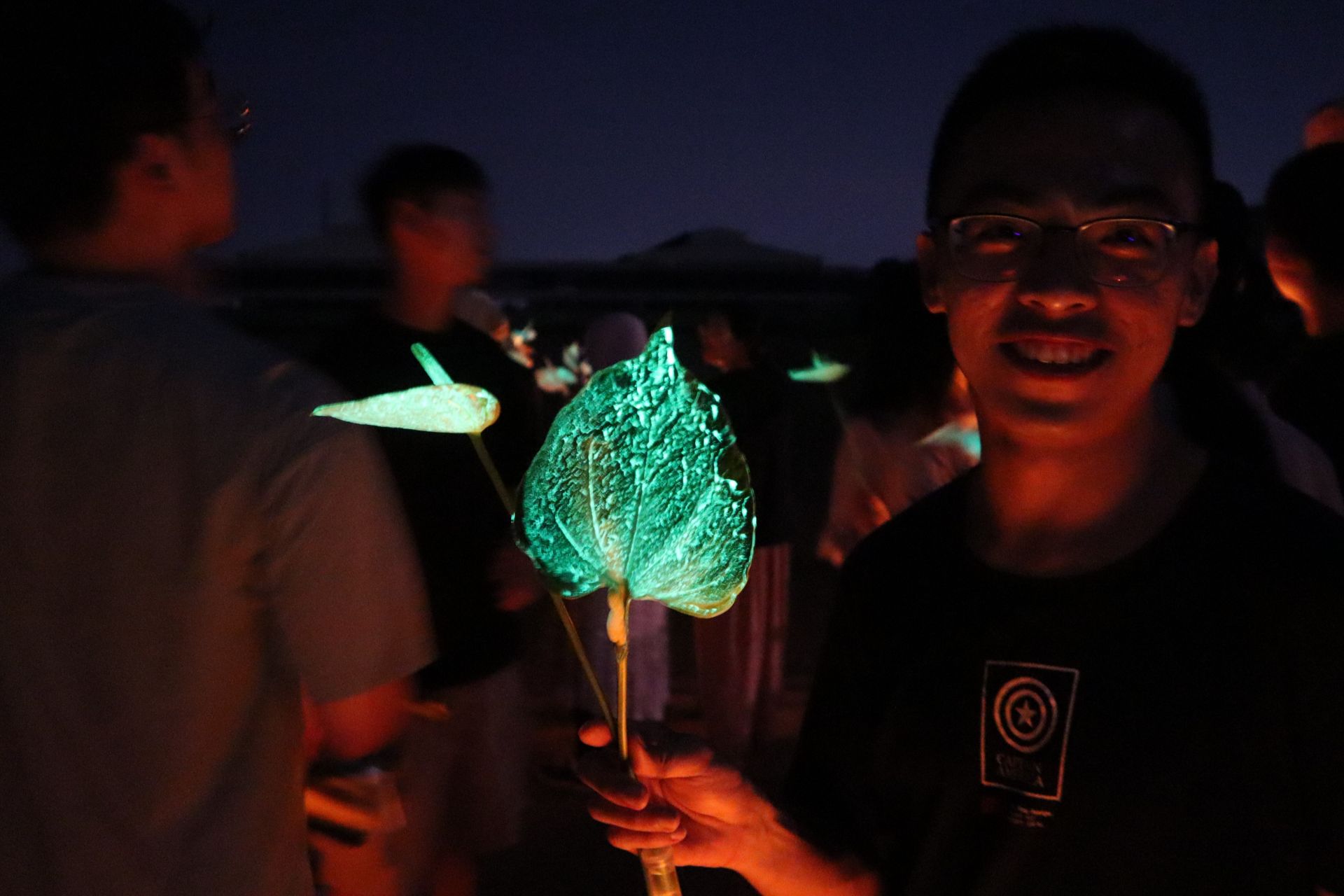
The blooming Glowing Crane Flower (captured by student Yi-Jun Wang from NCKU, photo by Yao-Yuan Zhang).
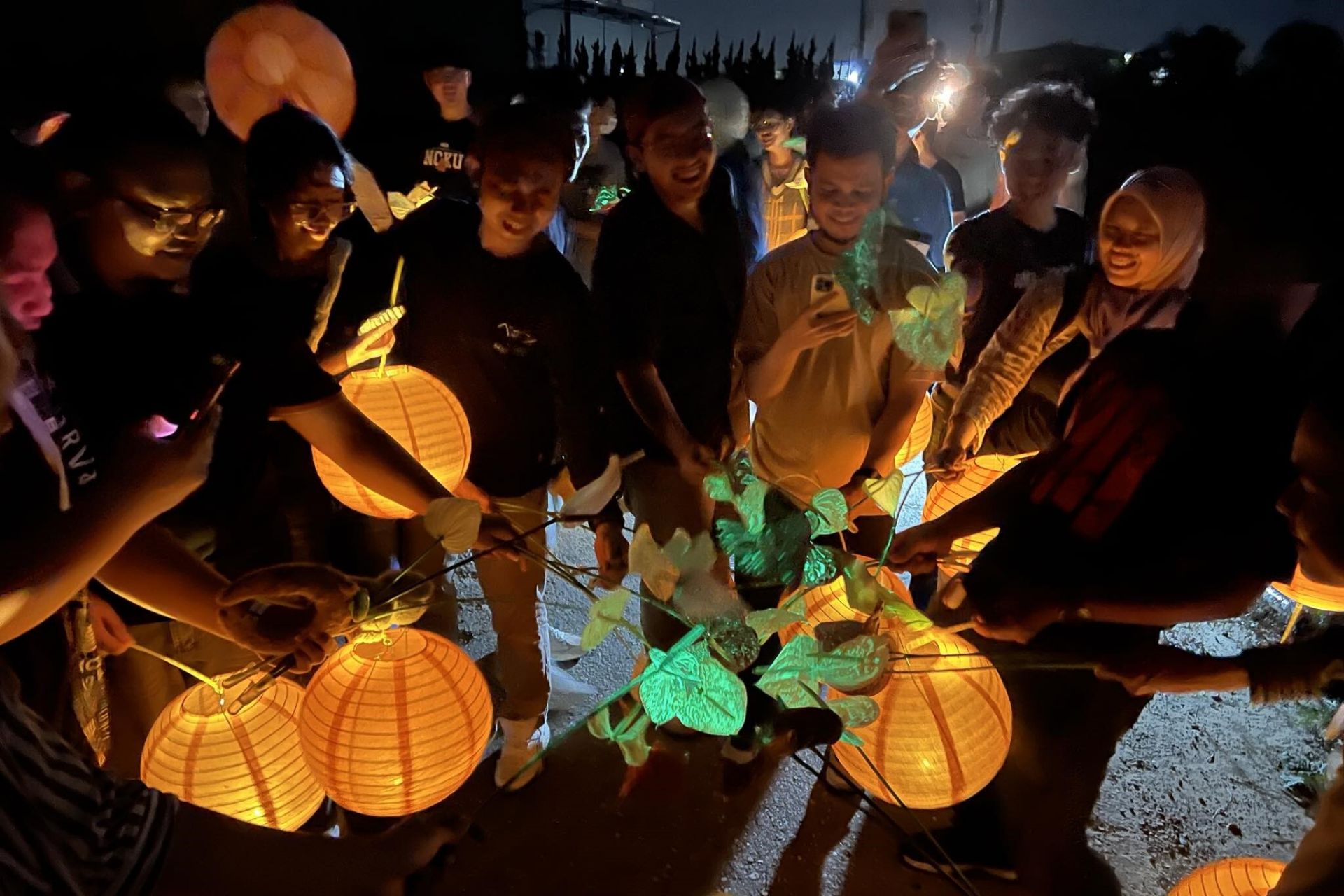
Carrying a heart-shaped Glowing Crane Flower, lanterns, patrolling fields with water, admiring the starry sky, observing wildlife and plant ecology (captured by Ya-Hui Zhang).
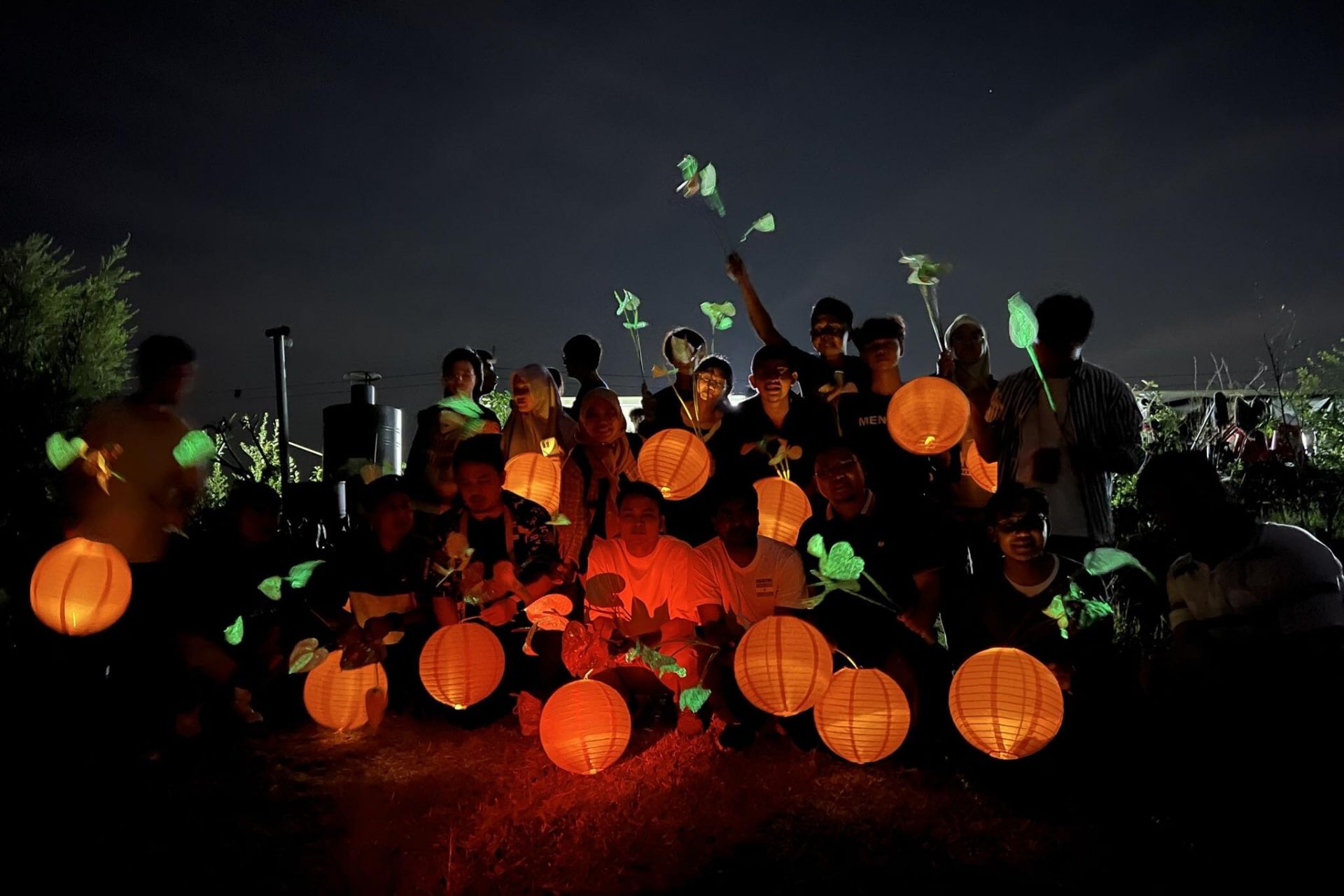
Combining rural culture with Glowing Crane Flowers, patrolling fields at night to observe aquaculture, showcasing the cultural and creative value of biotechnology (captured by Ya-Hui Zhang).
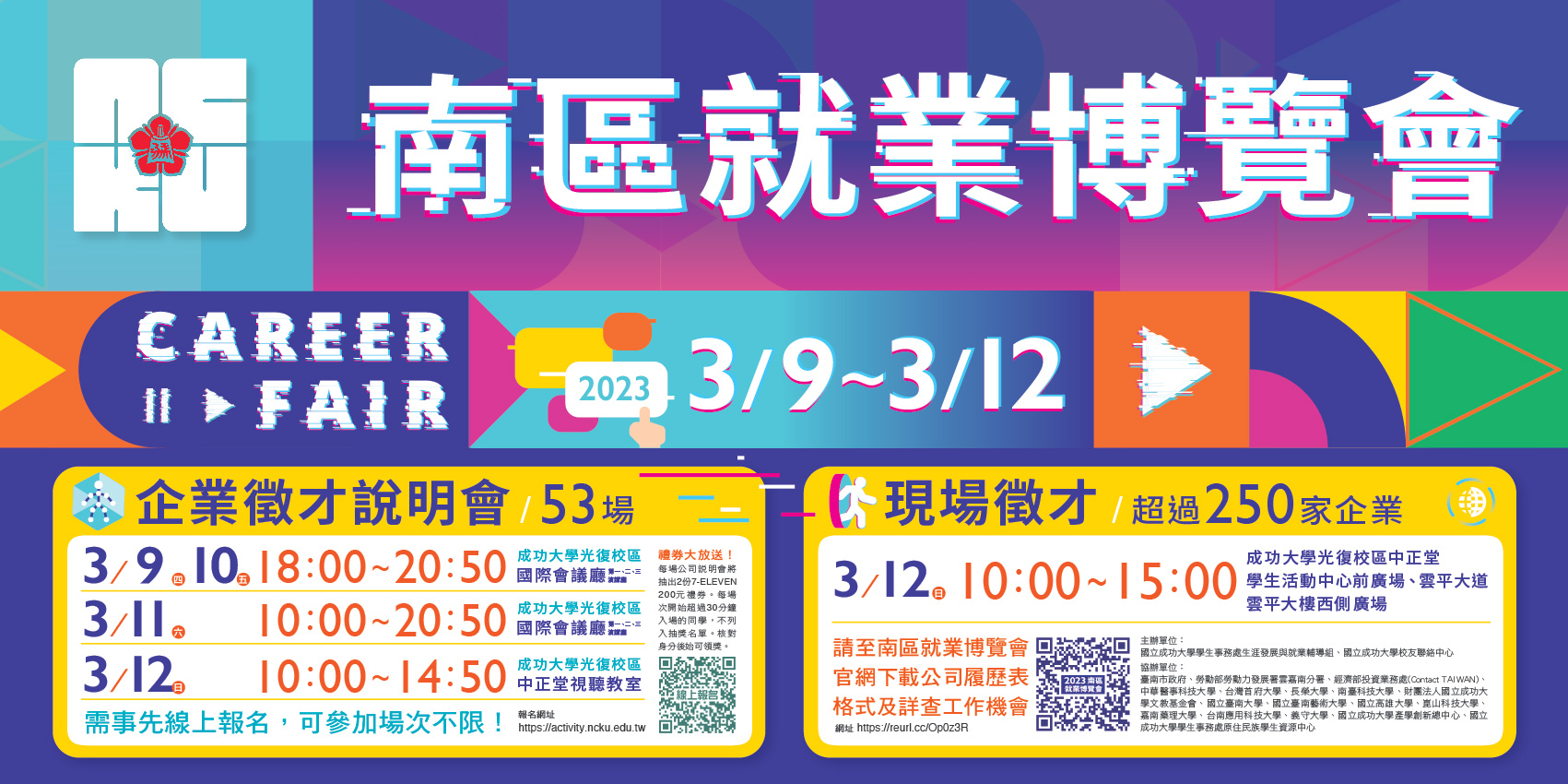
SDG8The 2023 Career Fair in Southern Taiwan will take place at NCKU with 14,000 job opportunities available for recruitment.
View more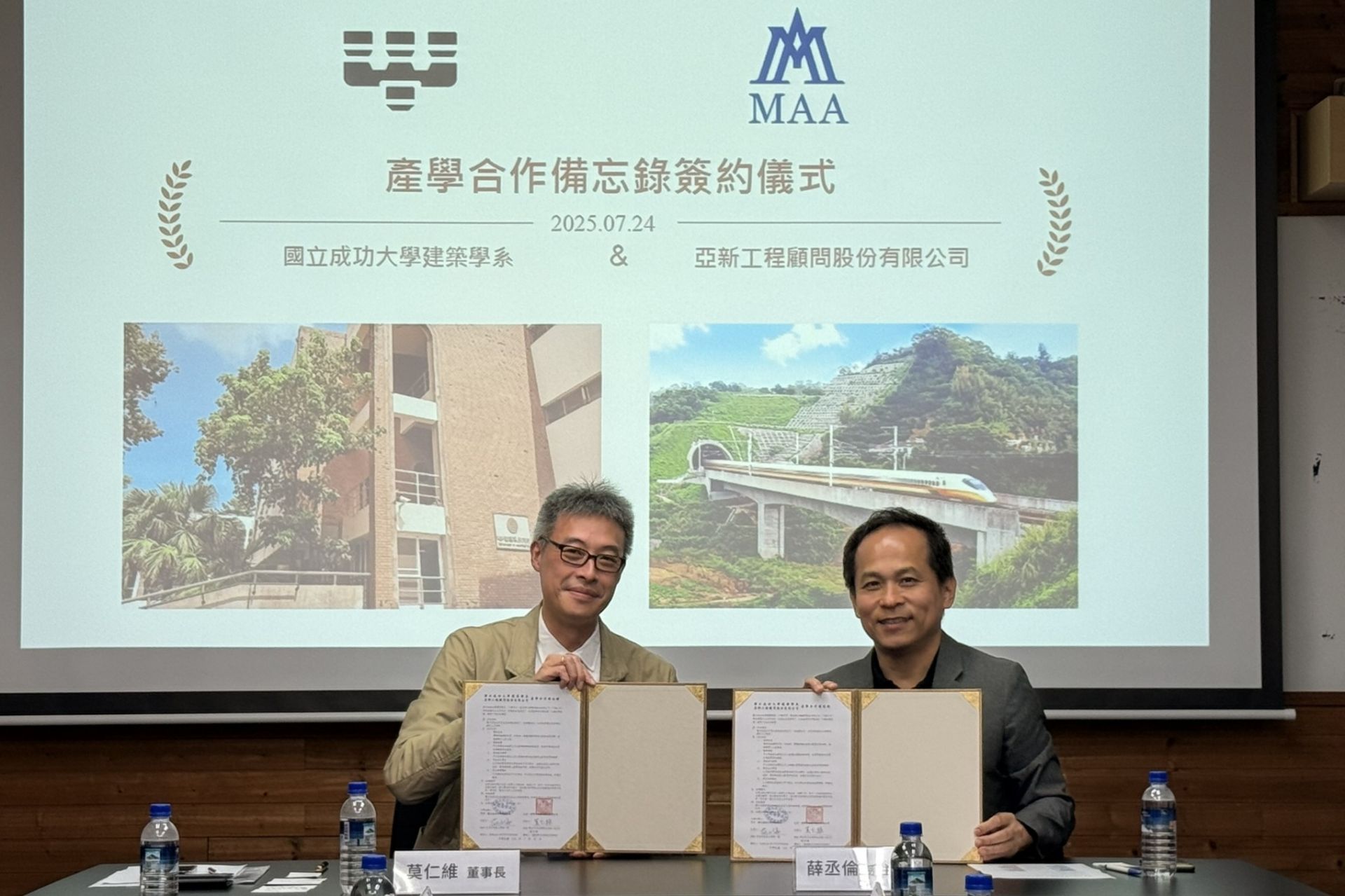
SDG8NCKU Architecture and MAA Group Consulting Engineers Sign MOU for Strategic Industry-Academia Collaboration
View more



















